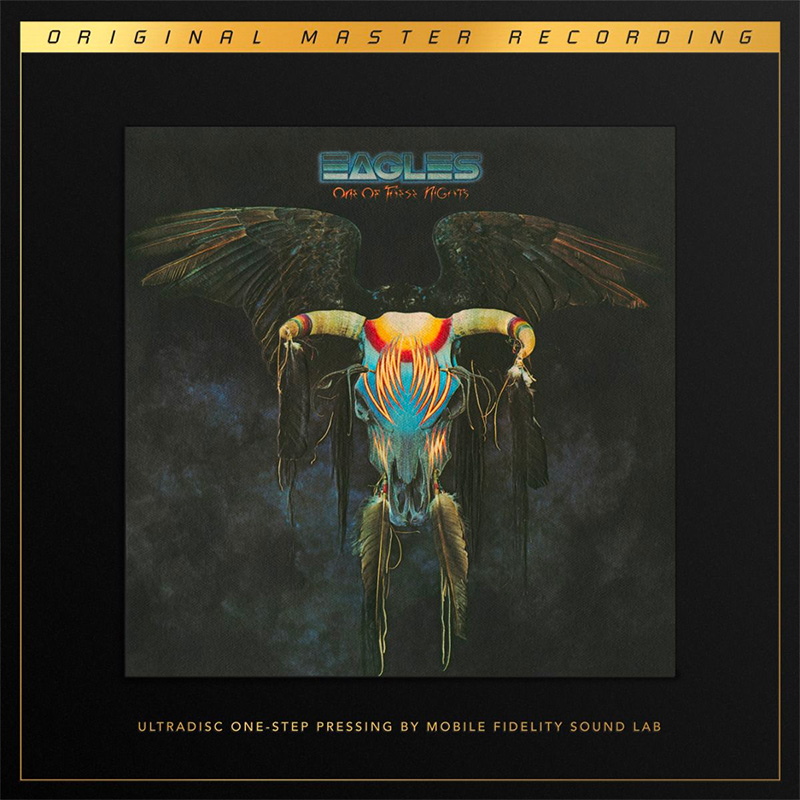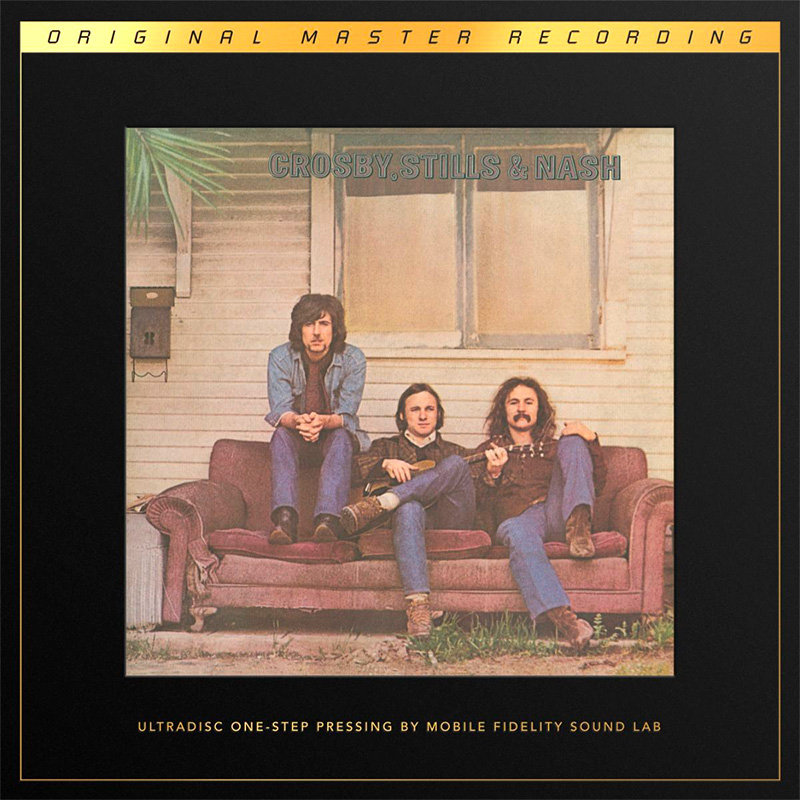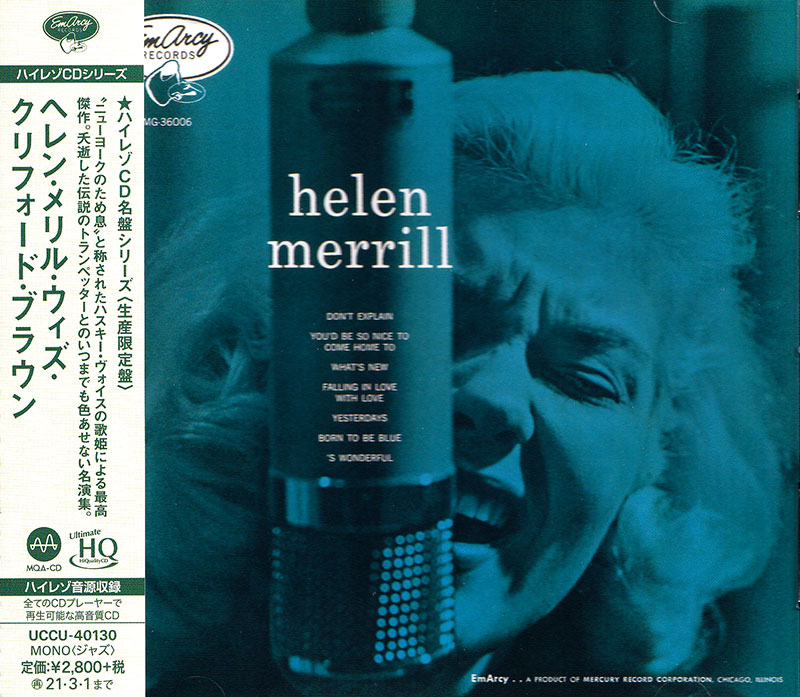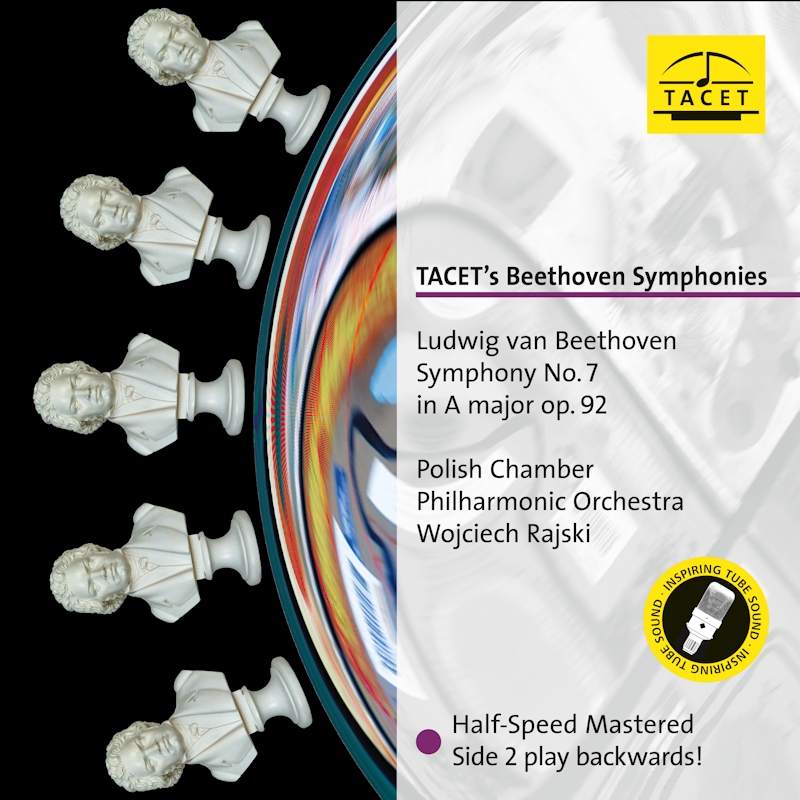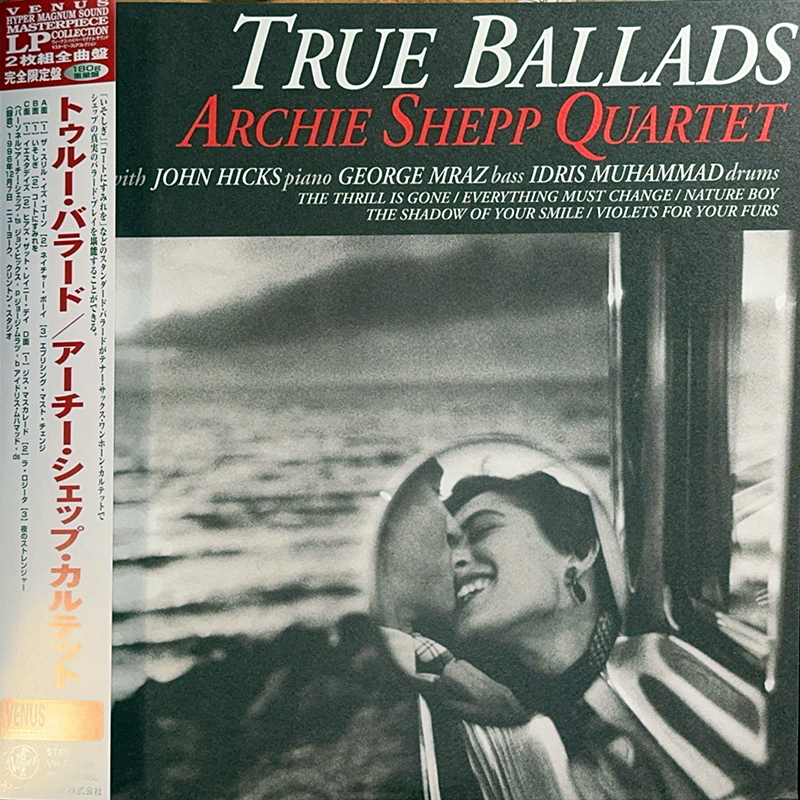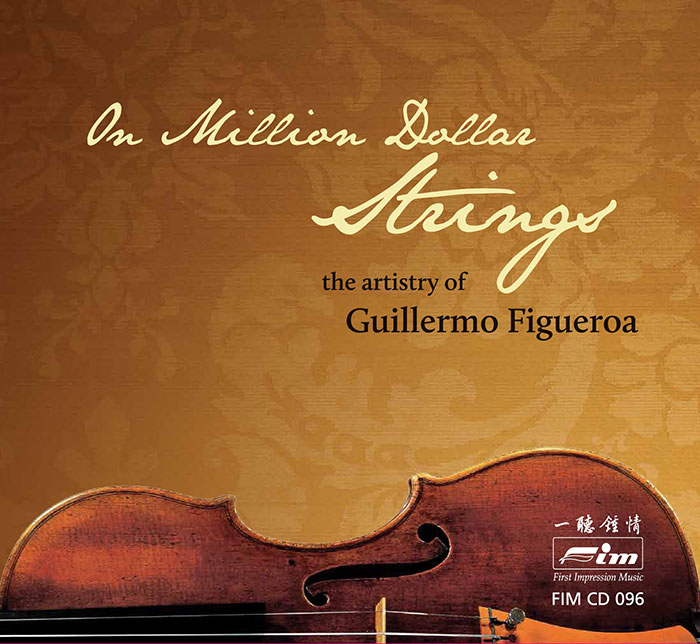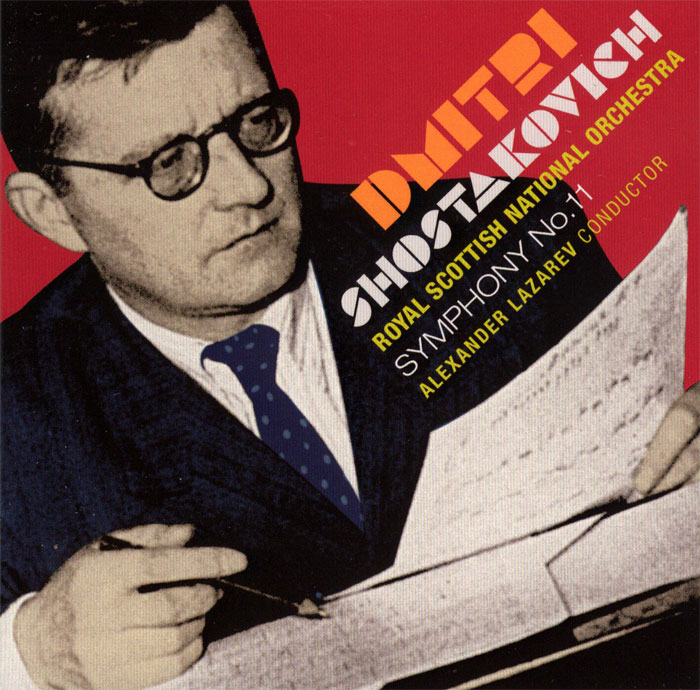Logowanie
OSTATNIE EGZEMPLARZE
Jakość LABORATORYJNA!
ORFF, Gundula Janowitz, Gerhard Stolze, Dietrich-Fischer Dieskau, Deutsche Oper Berlin, Eugen Jochum
Carmina Burana
ESOTERIC - NUMER JEDEN W ŚWIECIE AUDIOFILII I MELOMANÓW - SACD HYBR
Winylowy niezbędnik
ClearAudio
Essence MC
kumulacja zoptymalizowana: najlepsze z najważniejszych i najważniejsze z najlepszych cech przetworników Clearaudio
Direct-To-Disc
PIAZZOLLA, ChamberJam Europe
Tangos del Ángel y del Diablo
Direct-to-Disc ( D2D ) - Numbered Limited Edition
SHOSTAKOVICH, Royal Scottish National Orchestra, Alexander Lazarev
Symphony No. 11, Op. 103 - The Year 1905
- Royal Scottish National Orchestra / Alexander Lazarev - Shostakovich - Symphony No. 11
- 01. Palace Square (15:59)
- 02. 9 January (19:43)
- 03. In Memoriam (8:59)
- 04. Tocsin (15:55)
- Total Running Time 1:00:21
- Royal Scottish National Orchestra - orchestra
- Alexander Lazarev - conductor
- SHOSTAKOVICH
PIĘĆ GWIAZDEK - Shostakovich's Symphony No 11, The Year 1905, mournfully depicts the events of the original Bloody Sunday, when the Tsar's troops opened fire on a demonstration and launched the Russian Revolution. The Royal Scottish National Orchestra (RSNO) brings the tragedy grippingly to life under the baton of Lazarev on this live recording from the Usher Hall in Edinburgh last year. The speed is urgent. It is January: the people march quickly for warmth. The icy opening Place Square, has the eerie piety of Orthodox chant. Muted trumpet and drum alternate with some nine political folk tunes that make up the thematic material of the symphony. The RSNO embraces these as warmly as if they knew the proper words like Shostakovich's 1957 Moscow audience. Number two is a beautiful, sad Jewish lilt rising from the bass. Number four, the scherzo's second allegro, pounds the cobbles like Stravinsky's sacrificial virgins, sexy and rhythmic, with greasy trombones leering through. Lazarev wings passion from the RSNO. They play with sweat-drenched ferocity and heart-tugging pathos. The disc curdles the blood and grieves for shabby, despotic politic. Shostakovich never knew an election. ***** Rick Jones, The Times - May 2005 ================ A fantastic 10/10 review for RSNO "Shostakovich Symphony No. 11" which has also been made 'Disc Of The Month' on classicstoday.com. The review is by David Hurwitz. It's a curious coincidence that so-called "second tier" U.K. orchestras, which so often play better than their London counterparts, have a lock on this particular symphony. For years my reference recording has been the sensational Berglund/Bournemouth set on EMI, outstandingly well recorded and originally coupled with an equally spectacular account of the Sixth Symphony. This new recording, even more sonically stunning both in stereo and SACD multichannel formats, might just be better still. Alexander Lazarev takes the opening movement at a much more flowing tempo than we usually hear (about 15 minutes in all, and three minutes quicker than Berglund), and since absolutely nothing noteworthy happens in it beyond the setting of mood, this strikes me as an excellent idea. Here (and throughout), the playing of the Royal Scottish National Orchestra brass section is beautifully contoured in quiet passages, only to become crushingly powerful in the climaxes that pepper the violent second movement. Lazarev's "massacre" section is one of the best (you know what I mean). The most controversial aspect of this interpretation will be the elegiac third movement, which Lazarev conducts at almost double the tempo of some other versions. It lasts a bit less than nine minutes, and it's certainly not an adagio, but it sounds wonderful when treated this way. For once the principal theme really sings (after all, it is a genuine revolutionary song), almost like one of Tchaikovsky's soulful, Russian-style melodies, and with so much other slow music in both the first and second movements Lazarev's decision makes excellent sense. He and his Scottish players then tear into the finale with a vengeance, culminating in the most hair-raising coda yet captured on disc, with crashing cymbals and tam-tam, clangorous bells, and a floor-shaking bass drum. It will take your breath away. We can only hope that Linn continues what promises to be a very exciting partnership with this excellent orchestra. A "demonstration disc" if ever there were one. Buy it, and drive your neighbors crazy. =========== New Review of CKD 247 “Shostakovich Symphony No 11” by the RSNO Do we need another Eleventh? Whether you take its composition as an act of conformism, a coded indictment of Soviet tyranny, a ‘film-score without the film’ or something rather more subtle (David Fanning’s booklet note for Linn is excellent on all this), it probably isn’t a piece for every day listening. That said it is difficult to think of an interpretive tendency that hasn’t been championed on disc. The frenzied hysteria whipped up by Kondrashin in a performance lasting less than 54 minutes is remote indeed from the stoicism of Rostropovich’s latest and longest, clocking in at 72-plus. Both the highly regarded Columbia version from Cluytens, taped while the composer was in Paris, and Stokowski’s, made even earlier for Capitol, on the heels of the American premiere, fall somewhere between these extremes. Stokowski’s recording was a sonic spectacular in its day, as Lazarev’s is in ours, so it is interesting to note how priorities have changed. Inevitably the latter is afforded more natural balances and a greatly wider dynamic range, whereas Stokowski is sometimes at pains to add colour and character to what’s there in the score. All the same, Lazarev’s reading seems less remarkable. The playing is committed and proficient, a timely tribute to his recent period in charge of the orchestra, the sonority a little light. The scene is set efficiently and with carefully tuned timps, The Ninth of January is brilliantly dispatched (nicely sneering trombones from 13’27”) and the finale goes with suitable élan, though you might not care for the pitch of the bells at the close. The controversial element is the third movement, too fast to admit either Rostropovich’s personalised gravitas or Stokowski’s generalised warmth, and with a big, speaker-busting climax. In sum, this is what would once have been called a demonstration disc, exceptionally well produced and presented. David Gutman, The Gramophone – September 2005
